- Monday, November 6, 2023 20:17 (GMT+7)
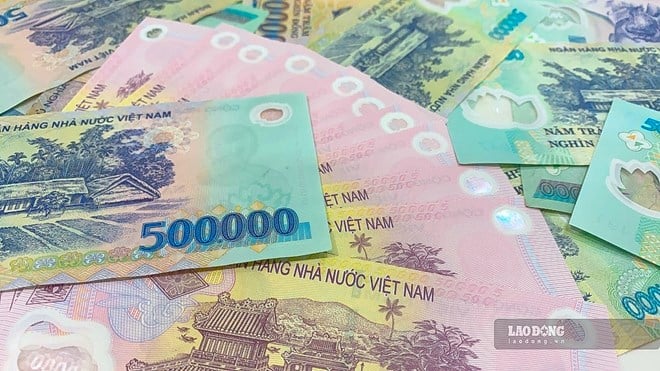
Things to consider when setting up an emergency fund.
Savings provide individuals with security and make it easier to manage their personal finances. In life, anything can happen that we cannot foresee. These include unexpected situations such as having to pay medical bills when you get sick, a decrease in income, or even losing your job...
An emergency fund will help you avoid borrowing money when difficulties arise. At the same time, this money will help you maintain progress towards your previously set goals. Furthermore, if you really need money urgently to pay for something, you can absolutely use it. This will significantly reduce personal financial pressure and stress.
Saving money is a good idea, but there are things to be mindful of. Situations where you shouldn't use your emergency fund include things like a spontaneous weekend getaway or concert tickets with friends. If you frequently feel you're not spending enough, consider reducing your savings slightly. Make sure you don't touch your emergency fund unless it's absolutely necessary.
How much money should you save?
An emergency fund is essentially like your own personal credit card. Many of us have experienced financial difficulties, running out of money and having to borrow small amounts to get by. Having a reserve fund allows you to face challenging situations without having to borrow to meet your financial needs, thus reducing financial pressure.
Determining how much to save will depend on your personal or family financial situation. You should consider the stability of your job or income, your health, and whether you have many dependents.
If your financial situation is good, a contingency fund only needs to cover a minimum of 3-4 months' worth of expenses. With an unstable financial situation, this fund should cover at least 6 months of essential expenses, or possibly even more.
Additionally, if you are repaying a bank loan, your emergency fund will include the principal and interest payments due monthly. In that case, the emergency fund should cover at least six months of essential expenses and six months of bank payments. If the risk of default is higher, you may need a fund covering 12 months or more of your expenses.
Source












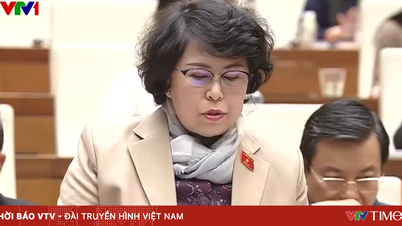

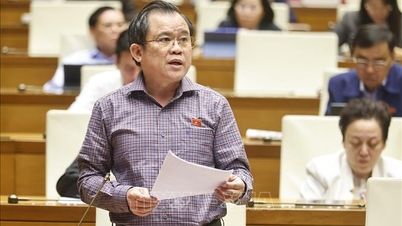












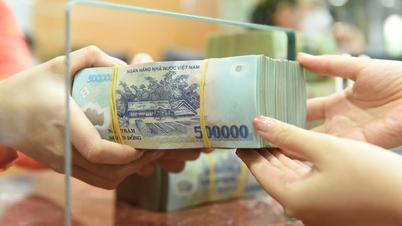











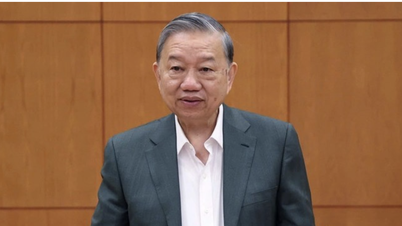














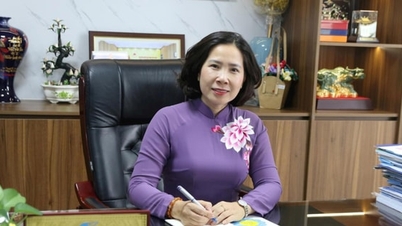





















![[Photo] General Secretary To Lam meets with voters in Hanoi.](https://vphoto.vietnam.vn/thumb/402x226/vietnam/resource/IMAGE/2025/12/15/1765783098527_image.jpeg)





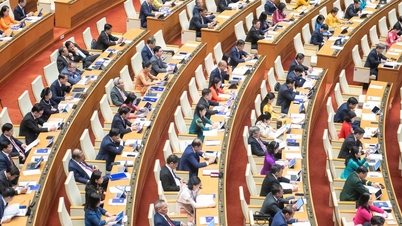































Comment (0)